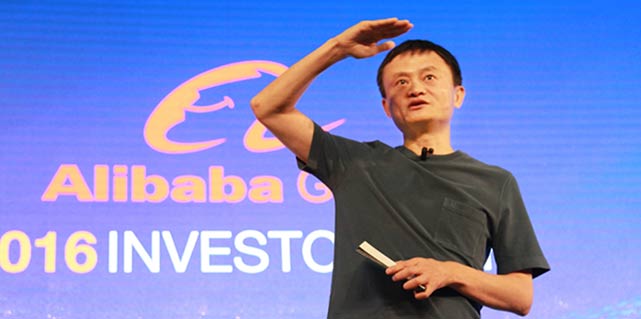Big players rule the mobile gaming turf
The big players in the desktop Internet sector can make use of their content, capital and operational experience to gain an edge in the mobile Internet sector, especially companies such as Tencent Holdings Ltd, Qihoo 360 Technology Co and Baidu Inc, all of which have already been outstanding mobile game distributors, he said.
These big players have been spending huge sums of money on mobile Internet services that can possibly strengthen their position as channels to reach a large number of users.
For example, Baidu invested in Zhuo Dashi, a system management tool for the Android platform, late last year. Tencent also bought a Zhejiang-based IT company whose main product is mobile phone management software, in March 2012, according to magazine Business Value.
By the end of last year, China had 430 million mobile Internet users and 56.7 percent of them had downloaded mobile applications from various channels.
Qiu Lin, the Guosen Securities analyst, said distributors would go beyond the role of distribution in the future and expand into more value-added services, such as data analysis and operations to attract more mobile games on their own platforms.
Distributors generate revenues from a break down approach with developers. Users' spending on mobile games goes to both sides, with distributors taking between 30 percent and 50 percent of the total, Qiu added.
As big players step up efforts to cash in on the market, WeChat, a mobile chatting tool developed by Tencent, is being seen as a big challenger because of its huge population of Internet users.
The service has roped in more than 300 million users in less than two years. Distributing mobile games is still the main revenue stream for the popular service, Tencent Chairman Pony Ma said.
However, Cheng Wu, Tencent's vice-president, said earlier last month that the company was yet to finalize the timetable for distributing games through WeChat and was still exploring various ways to do so.

















